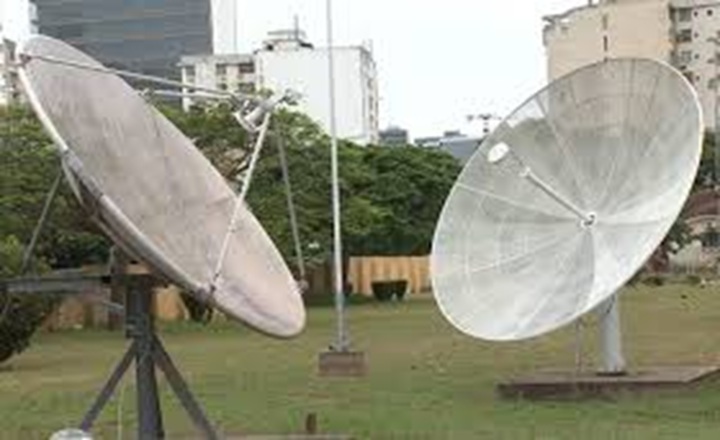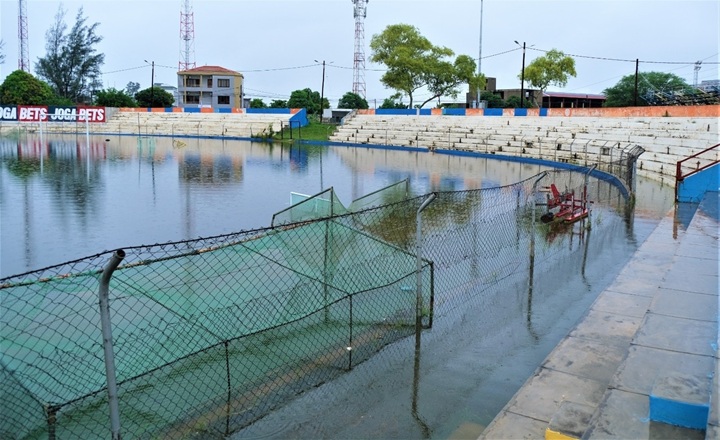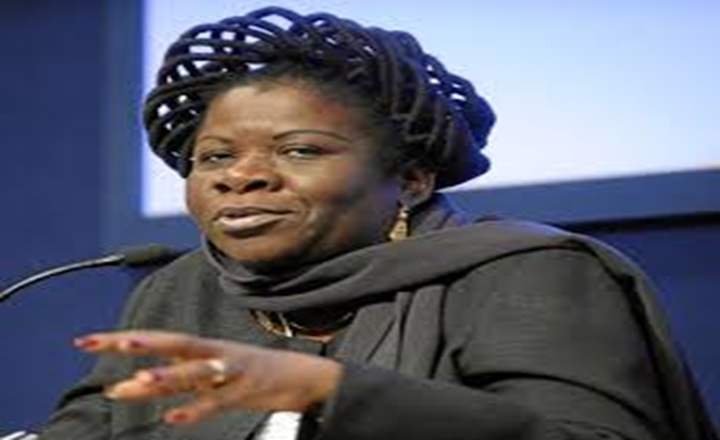
Radio Mozambique and the State Press: the faces of the decline of democracy and truth

This is a yellow card for Radio Mozambique (RM) and, by extension, for the entire state-run press, which, over the course of fifty years of independence, has transformed itself from a guardian of information into an accomplice to lies. It's a yellow card born of indignation against a public agency, supported by the taxes of millions of Mozambicans, which should serve the people with truthful information, but which, in practice, has placed itself at the service of the ruling party. Instead of using its national structure to inform and monitor, RM uses its privileged position to negotiate the truth.
Trading the truth means turning it into a commodity. It means that information that belongs to the people, paid for with their money, is only released if it serves the internal interests of the company itself or the regime to which it is subject. Radio Mozambique, according to reports and growing perceptions, even uses its knowledge of electoral fraud as blackmail: if promises of perks and salary increases are not fulfilled, the details of these frauds are threatened. In other words, the truth is withheld or released not based on the public interest, but as a bargaining tool.
This behavior is more than unethical—it completely negates the purpose of journalism. RM exists thanks to the taxes of workers, peasants, informal vendors, and citizens who struggle to survive every day. And yet, when the time comes to repay this support with free and honest information, the response is silence or official lies. This is the essence of the yellow card: to draw attention to the fact that a public company, which should be at the service of all, chooses to serve only one—the political power that controls it.
A journalist's mission is clear: to tell the truth, even when that truth is uncomfortable; to monitor power, even when that power threatens; to protect the public interest, even when it means facing personal risks. However, in the Mozambican context, this mission has been exchanged for political expediency, guaranteed salaries, and favors. The state-owned press, and RM in particular, has ceased to be an ally of the people and has become an ally of the regime.
This isn't just a moral failing. It's also complicity in crime. By hiding or manipulating information about electoral fraud, post-election repression, and the deaths and mutilations that have marked recent years, the RM isn't just telling "half the truth"—it's covering up injustices, protecting perpetrators, and contributing to the perpetuation of violence.
And let's not be mistaken: true journalism comes at a high price. Mozambique knows the price paid by those who refuse to surrender to silence. Carlos Cardoso was assassinated in 2000 because he dared to expose corruption schemes involving powerful figures. His crime was to reject the official narrative and give the people the information they had a right to know. More recently, Arlindo Chissale, a journalist who sought to expose the truth about the electoral process and the irregularities that sustain power, was murdered. These cases are not tragic coincidences—they are clear messages from a system that punishes those who dare to fulfill the duty of truth.
The office of truth is the noblest act of citizenship. It is on it that freedom is sustained; it is on it that the health of any democracy depends. But in Mozambique, this office has become a high-risk profession. Those who practice it with integrity face threats, persecution, and, as we have seen, death. Therefore, when public bodies like RM choose to align themselves with power, they are betraying not only their journalistic mission but also the memory of those who fell for insisting on the truth.
The gravity of the situation increases when we consider what is still hidden. How many dossiers, reports, recordings, and evidence of electoral manipulation are locked away in the drawers of Radio Moçambique and other complicit agencies? How much of this information could change the country's political course if made public? By remaining hidden, this evidence only serves to sustain the game of blackmail between the state press and political power.
If these truths are ever revealed, the impact will be devastating for the government's legitimacy. It will be exposed that power was maintained not by the will of the people, but by a coordinated scheme of manipulation, with the active participation of the state-run press. And when that happens, the mask will fall: it will no longer be possible to maintain the narrative that we live in a functioning democracy. Fraudulent elections are not democracy—they are a dictatorship disguised as voting.
The problem is that, until then, the people continue to be deceived daily. Public radio and television stations, paid for with public money, have become propaganda machines. News is filtered to protect the regime, criticism is stifled, and dissenting voices are marginalized. The result is a country where lies have become the rule and the truth the exception.
Neutrality is impossible in this scenario. Those who remain silent in the face of injustice are, in fact, siding with the oppressor. RM and the state-run press have already made their choice: they prefer the comfort of complicity to the risk of truth. They prefer to negotiate information rather than fulfill it as a sacred duty.
This yellow card therefore serves as a public warning: journalism is not a profession for puppets. It is a mission for those willing to face power with courage. Carlos Cardoso and Arlindo Chissale paid for this courage with their lives. RM and other state agencies, on the contrary, sell their dignity daily for benefits and perks.
One day, when the secret files are opened and the truth comes to light, it will become clear that the democracy proclaimed to the people was nothing more than a well-staged act to keep one party in power. On that day, it will no longer be enough to say "I followed orders." Responsibility will be individual. Every journalist, every editor, every director who chose to serve the lie will have to answer for their role in maintaining an unjust system.
State-run journalism in Mozambique today is not a public service—it is a service to power. And as long as it remains so, it will continue to be one of the most visible faces of the decline of democracy and truth in the country. The press may be the last barrier against authoritarianism, but when it sides with it, it becomes a weapon against the people.
The Mozambican people have a right to the truth. And denying them this right is also denying them their freedom. RM and the state-run press have already made their choice. This yellow card is a warning, but also a plea: restore the dignity of journalism before history definitively places you on the wrong side.
Outras noticias

Society
Weather Alert: Heavy rain persists in Maputo and Gaza until Tuesday
2026-01-16

sport
The Costa do Sol field is flooded again during the rainy season
2026-01-16

Society
Luisa Diogo former Prime Minister of Mozambique has died
2026-01-16

Society
Tractor falls into Matola River: three injured and fears of trapped victims
2026-01-15

policy
Yellow card to the African Union
2026-01-15
Copyright Jornal Preto e Branco All rights reserved . 2025